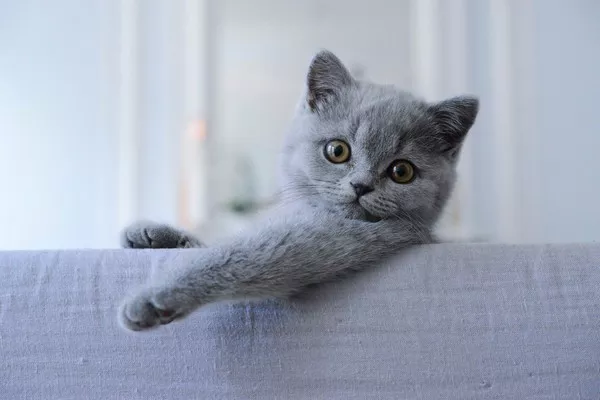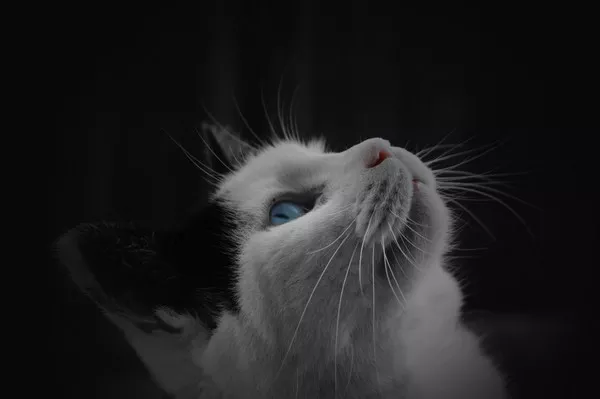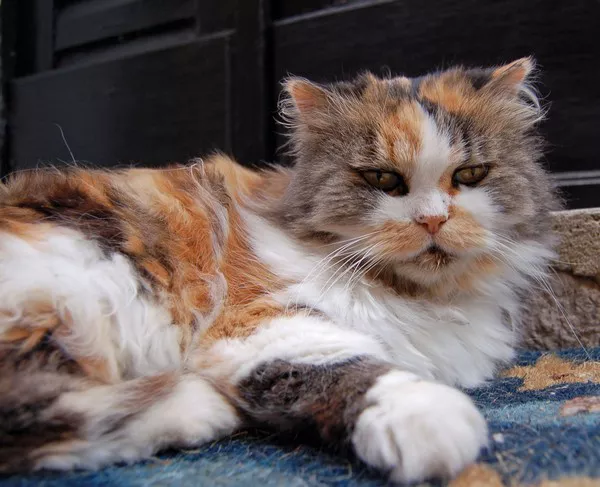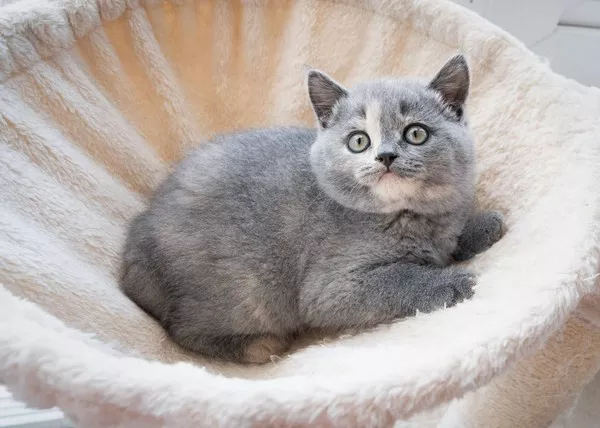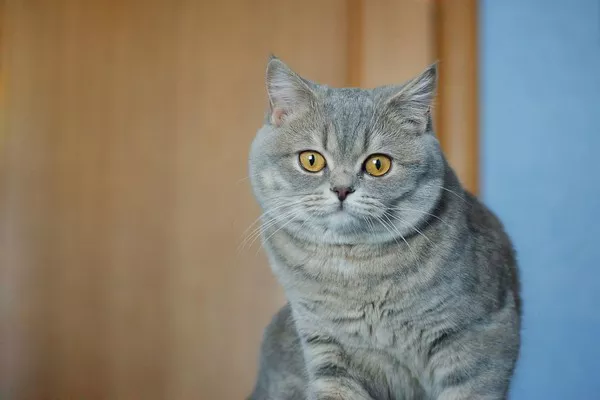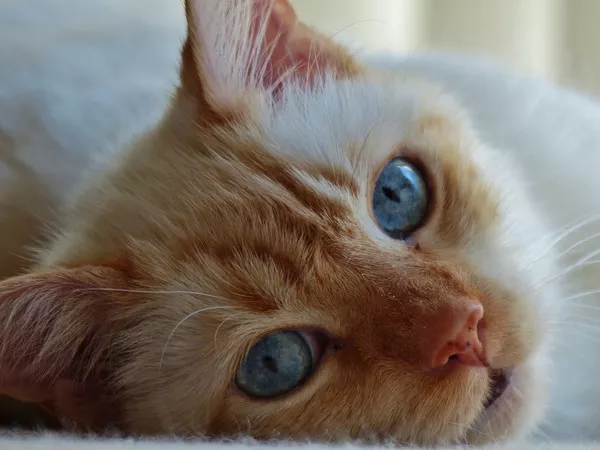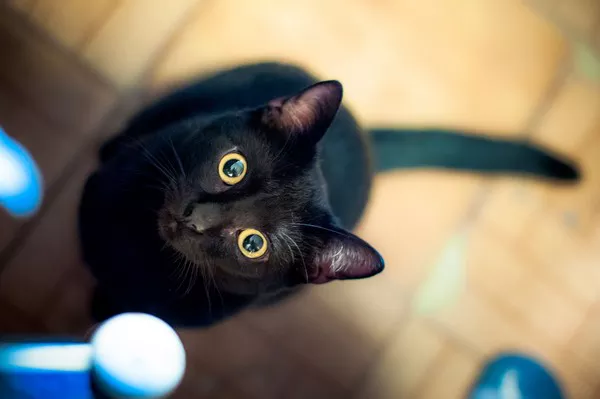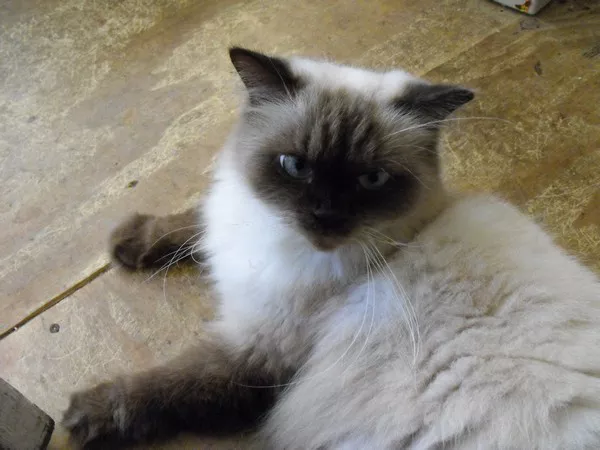The British Shorthair cat, with its distinctive round face, sturdy build, and plush coat, is a beloved breed known for its gentle temperament and affectionate nature. While some may perceive British Shorthairs as reserved or independent, these charming cats are often deeply devoted to their human companions and thrive on affection and companionship. In this comprehensive article, we’ll explore the affectionate qualities of British Shorthair cats, dispel common misconceptions about their temperament, and provide training tips to help owners foster strong bonds with their feline friends.
Understanding the British Shorthair Temperament
British Shorthair cats are renowned for their calm, laid-back demeanor and easygoing nature. They are typically sociable and friendly, but may also have a somewhat independent streak that is characteristic of many cat breeds. While British Shorthairs may not be as overtly affectionate as some breeds, such as the Ragdoll or Siamese, they often form strong bonds with their owners and enjoy spending time with them.
Dispelling Misconceptions about British Shorthair Affection
Despite their reputation for independence, British Shorthair cats are often affectionate and loving companions. However, their affectionate nature may manifest in subtle ways that differ from more overtly affectionate breeds. Some common misconceptions about British Shorthair affection include:
Reserved Demeanor: British Shorthairs may appear reserved or aloof at first glance, but this is often a reflection of their calm and composed nature rather than a lack of affection. Once they feel comfortable and secure in their environment, many British Shorthairs will seek out attention and affection from their owners.
Limited Affection: While British Shorthairs may not be as demonstrative in their affection as some breeds, they often form deep bonds with their owners and enjoy being in their presence. They may show their affection through gentle headbutts, purring, or simply by lounging nearby and keeping their owner company.
Independence: British Shorthairs are known for their independent streak, but this does not mean they are uninterested in human companionship. They may prefer to have their own space at times, but they also enjoy interacting with their owners and participating in activities together.
Training Tips for Building Strong Bonds with British Shorthair Cats
Building a strong bond with your British Shorthair cat requires patience, understanding, and consistency. Here are some training tips to help foster affection and companionship with your feline friend:
Respect Their Boundaries: British Shorthair cats appreciate having their own space and may be less receptive to affection if they feel overwhelmed or crowded. Respect your cat’s boundaries and allow them to approach you on their own terms. Avoid forcing interactions or invading their personal space, as this can cause them to become stressed or defensive.
Positive Reinforcement: Use positive reinforcement techniques, such as treats, praise, and playtime, to reward your cat for desirable behaviors, such as cuddling, purring, or seeking out affection. This will help reinforce positive associations with affectionate interactions and encourage your cat to seek out more attention in the future.
Gentle Handling: Handle your British Shorthair cat gently and with care, especially during interactions such as petting, grooming, or picking them up. Avoid rough or aggressive handling, as this can cause your cat to become fearful or withdrawn. Instead, approach your cat calmly and respectfully, and let them dictate the pace of the interaction.
Quality Time Together: Spend quality time with your British Shorthair cat engaging in activities they enjoy, such as playing with interactive toys, grooming, or simply lounging together. This will help strengthen your bond and create positive associations with your presence.
Routine and Consistency: Establish a routine for feeding, playtime, and affectionate interactions, and stick to it as much as possible. Cats thrive on routine and predictability, so providing a stable and consistent environment will help your British Shorthair feel secure and content.
Enrichment and Stimulation: Provide plenty of mental and physical stimulation for your British Shorthair cat to prevent boredom and promote a sense of well-being. Offer a variety of toys, scratching posts, and climbing structures to keep them entertained and engaged, and rotate their toys regularly to keep them from becoming bored.
Patience and Understanding: Building a strong bond with your British Shorthair cat takes time and patience. Be patient and understanding as you work to earn their trust and affection, and allow your relationship to develop naturally over time. Remember that every cat is unique, and what works for one may not work for another.
Conclusion: Nurturing Affectionate Bonds with British Shorthair Cats
British Shorthair cats may have a reputation for independence, but they are often affectionate and loving companions who form strong bonds with their owners. By understanding their temperament, dispelling common misconceptions, and using positive reinforcement training techniques, owners can foster deep and meaningful relationships with their British Shorthair cats. With patience, understanding, and love, you can nurture a strong bond with your British Shorthair cat that will last a lifetime.

